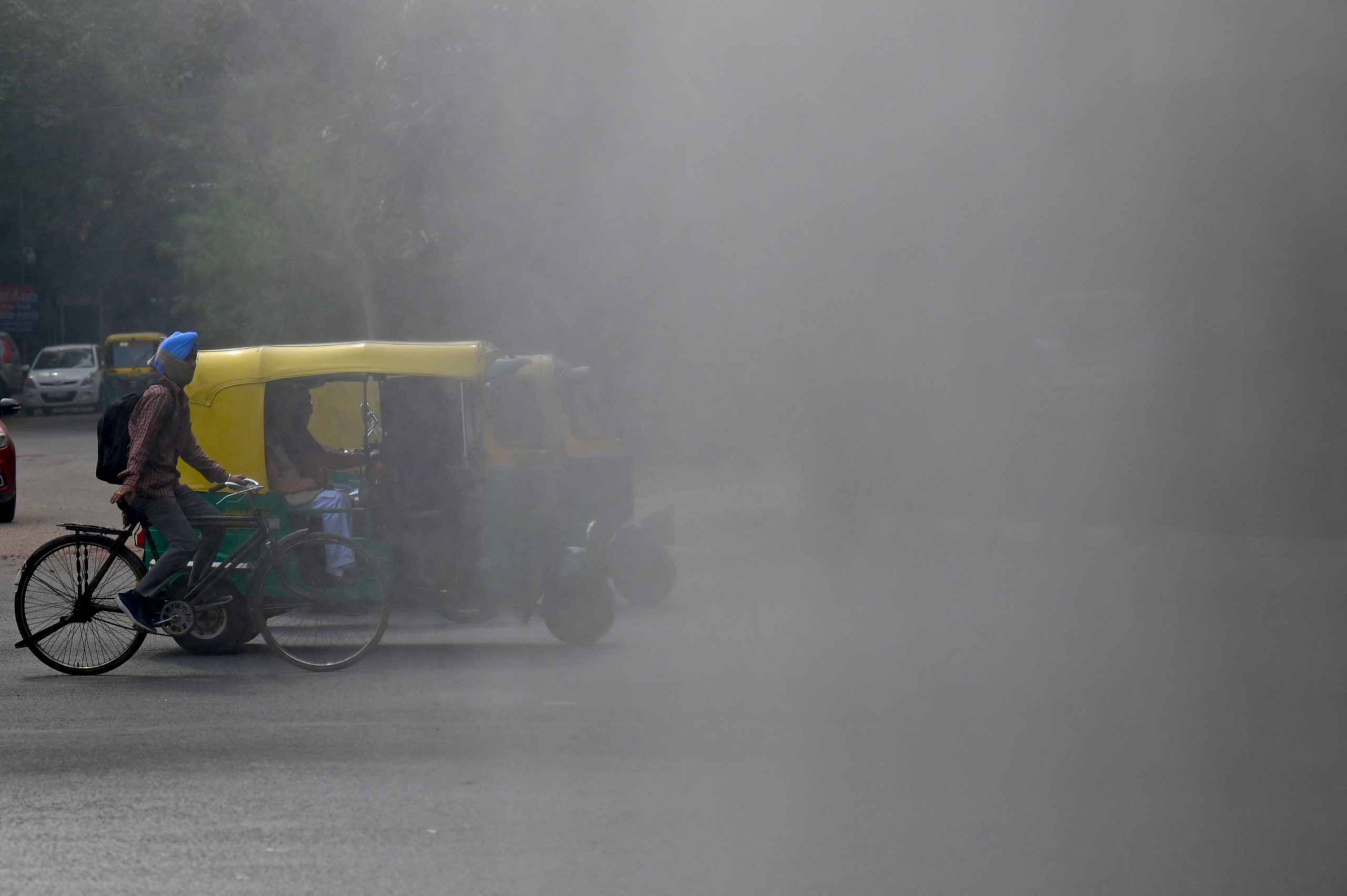Pollution killing 9 million people per year: report

A team of scientists announced Tuesday that worsening outdoor air pollution and lethal lead poisoning have kept worldwide fatalities from environmental contamination at an estimated 9 million per year since 2015, despite modest progress in other areas.
According to the scientists’ examination of data on worldwide mortality and pollution levels, air pollution from industrial operations and urbanisation caused a 7% increase in pollution-related deaths from 2015 to 2019.
“We’re sitting in the stew pot, gently burning,” said Richard Fuller, co-author of the report and executive director of the global NGO Pure Earth. “We haven’t given (environmental pollution) any priority,” unlike climate change, malaria, or HIV.
An earlier version of the study, published in 2017, projected the annual death toll from pollution to be over 9 million — or roughly one in every six deaths worldwide — and the cost to the global economy to be up to $4.6 trillion. In terms of worldwide mortality, this puts pollution on par with smoking. COVID-19, on the other hand, has killed around 6.7 million people worldwide since the outbreak began.
The scientists analysed 2019 data from the Global Burden of Disease, an ongoing project at the University of Washington that measures total pollution exposure and predicts mortality risk, in their most recent analysis, which was published in the online journal Lancet Planetary Health.
The new study digs further into the sources of pollution, distinguishing typical pollutants.
Indoor air and water
Traditional contaminants are causing fewer deaths around the world. However, they continue to be a big issue in Africa and other developing countries. According to data adjusted for population, Chad, the Central African Republic, and Niger have the highest pollution-related mortality due to contaminated water and soil, as well as unclean indoor air.
In some regions, government programmes to reduce indoor air pollution and enhance cleanliness have contributed to reduce mortality rates. Between 2000 and 2019, these measures in Ethiopia and Nigeria reduced associated mortality by two-thirds. Meanwhile, the Indian government began distributing gas stove connections to replace wood-burning stoves in 2016.
Pollutants of today
Exposure to modern pollutants such as heavy metals, agrochemicals, and fossil fuel emissions has resulted in a 66 percent increase in deaths since 2000, according to co-author Rachael Kupka, executive director of the Global Alliance on Health and Pollution in New York.
Some large capital cities, such as Bangkok, China, and Mexico City, have experienced some progress when it comes to outdoor air pollution, according to the authors. However, pollution levels in smaller cities continue to rise.
The highest number of pollution-related deaths
The study created a list of the ten countries with the most pollution-related mortality based on their findings concerning deaths adjusted for population.
Chad, Central African Republic, Niger, Solomon Islands, Somalia, South Africa, North Korea, Lesotho, Bulgaria, and Burkina Faso are the top ten countries.
Read More News On
Catch all the Business News, Breaking News Event and Latest News Updates on The BOL News
Download The BOL News App to get the Daily News Update & Live News.